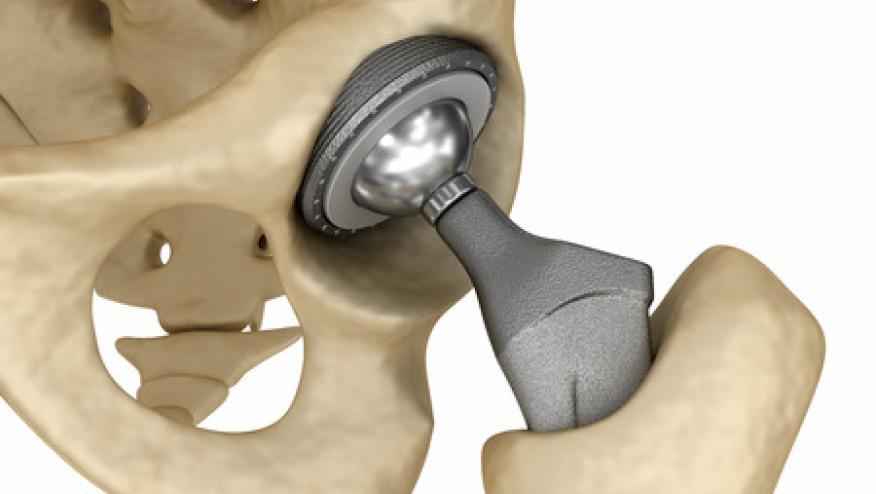Aspirin after Hip or Knee Arthoplasty Save

JAMA Internal Medicine has reported that use of low dose aspirin for venous thromboembolism (VTE) prophylaxis after total hip and knee replacement is equal in efficacy to other anticoagulants.
A systematic review of 13 randomized clinical trials (6060 participants) examined the risk of VTE after total hip and knee replacement compared with other anticoagulants. They assessed VTE prevention as well as drug side effects.
The risk of VTE after THR and TKR was 1.12 (95% CI, 0.78-1.62) for aspirin compared with other anticoagulants (including heparin, clexane, dabigatran, rivaroxaban, and warfarin).
ASA was also comparable in preventing deep vein thrombosis (DVT) (RR, 1.04; 95% CI, 0.72-1.51) or pulmonary embolism (PE) (RR, 1.01; 95% CI, 0.68-1.48).
Adverse events (major bleeding, wound hematoma, wound infection) were also not higher in those receiving aspirin compared to other anticoagulants.
The same results were seen when examining risks with THRs and TKRs separately.
While none of these studies were designed as non-inferiority studies, this analysis of efficacy and safety suggests that aspirin is comparable to other anticoagulants. Cost-effectiveness was not studied.
The use of aspirin would be considered an off-label use for VTE prevention in both the United States and the United Kingdom. However, there are some concerns that the newer and more expensive oral agents may have higher bleeding risks, including major hemorrhage and wound problems.5 Therefore, considerable debate remains about which agents should be preferred given that clinical effectiveness must be balanced against bleeding risk and cost.










If you are a health practitioner, you may Login/Register to comment.
Due to the nature of these comment forums, only health practitioners are allowed to comment at this time.